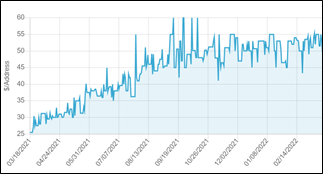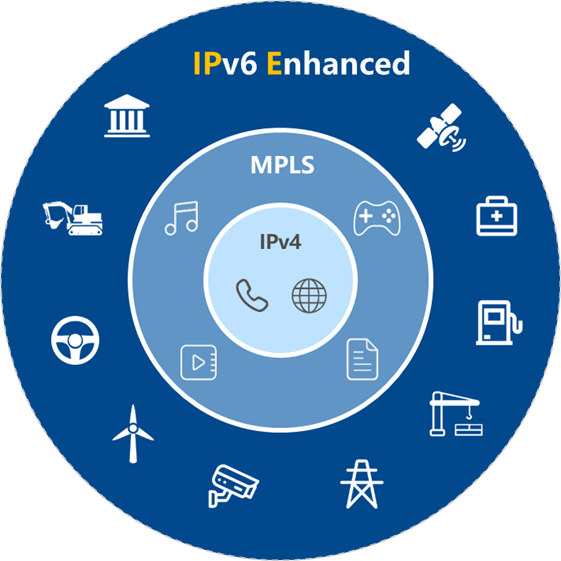We live in a connected world with the Internet at the epicenter connecting every person, every computer and every cell phone. Each device connected to the Internet requires a unique identity – the IP address. In theory, the old IP version 4 (IPv4) provides approximately 4.3 billion addresses – not even enough to connect everyone, not to mention everything. Since 2019, all the regional Internet registries (RIRs) have exhausted their address pool. Some ISPs or organizations may still have some IPv4 addresses. As the scarcity of the IPv4 address space worsens, the price continues to increase, during the past year, the price of an IPv4 address has doubled and passed 55 USD – per address.

The lack of address space is not the only issue. The critical problem of IPv4 is that in 2016, the Internet Architecture Board (IAB), stopped requiring IPv4 compatibility in new or extended Internet protocols. In other words, new protocols for the Internet will be optimized for and depend on IPv6. This means that the IPv4 networks will stop evolving and updating. It also means that the IPv4 networks will be more vulnerable to new security threats.
To guarantee the sustainability of the Internet, which is the foundation of our digital economy today, governments and operators have initiated massively the transition to IPv6. France, Germany, the USA, China, India, etc., all released policies to accelerate IPv6 deployment. Not only because IPv6 provides vast address space, but more importantly, its scalability and extensibility give the possibilities of enhanced features. With protocol innovations, we can provide differentiated high-quality services compared to traditional best effort; with Artificial Intelligence, we have swift provisioning and greater customer satisfaction. In the 5G and cloud era, IPv6 Enhanced innovation is fundamental to improve service experience.
To tackle the industry needs for IPv6 adoption and innovation, ETSI launched the ISG IPv6 Enhanced Innovation (IPE) in 2020. IPE aims to drive full connectivity of IPv6 on everything and facilitate its smoother adoption by industry. It will provide use cases, e2e reference architecture, deployment best practices and guidelines for IPv6 Enhanced features. Up to March 2022, it has attracted more than 80 members and participants from governments, ISPs, vendors, verticals, research institutes, etc.

The 23rd Edition of the MPLS, SD & AI Net World Congress will take place from 4-7 April 2022 at the Palais des Congrès de Paris. On April 4th, together with governments, vendors, ISPs and enterprises, the IPv6 summit on “IPv6 Enhanced, Boosting the Digital Economy” will take place. During this event, the value of IPv6 Enhanced for digital transformation, the standardization progress of the latest IPv6 Enhanced technologies such as SRv6/slicing will be introduced. The operators and enterprises will share the IPv6 Enhanced application experience to enhance the deployment momentum of technical innovation solutions of all parties.
As a hybrid event, you are welcome to meet us in Paris or join online by registering through the link https://get.knect365.com/ipv6-event-april-2022/.
We are looking forward to seeing you at the MPLS, SD & AI Net World Congress!